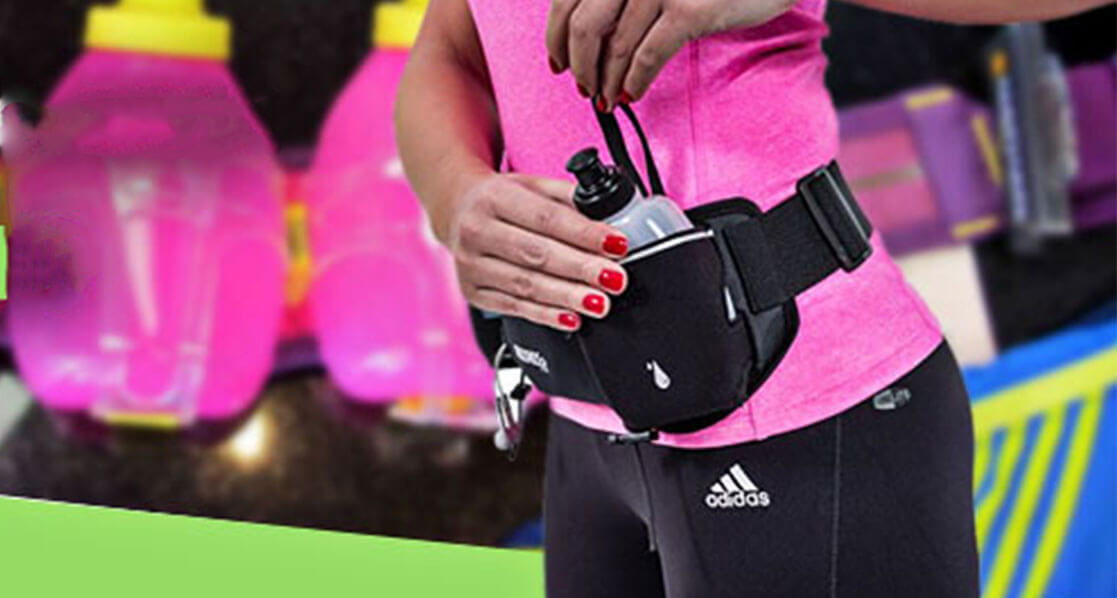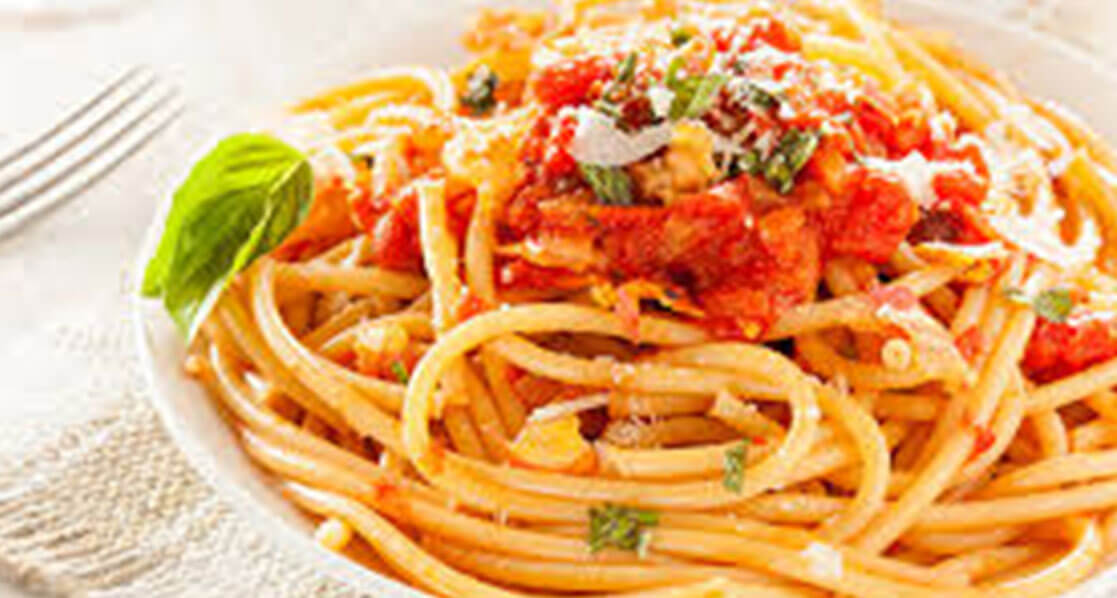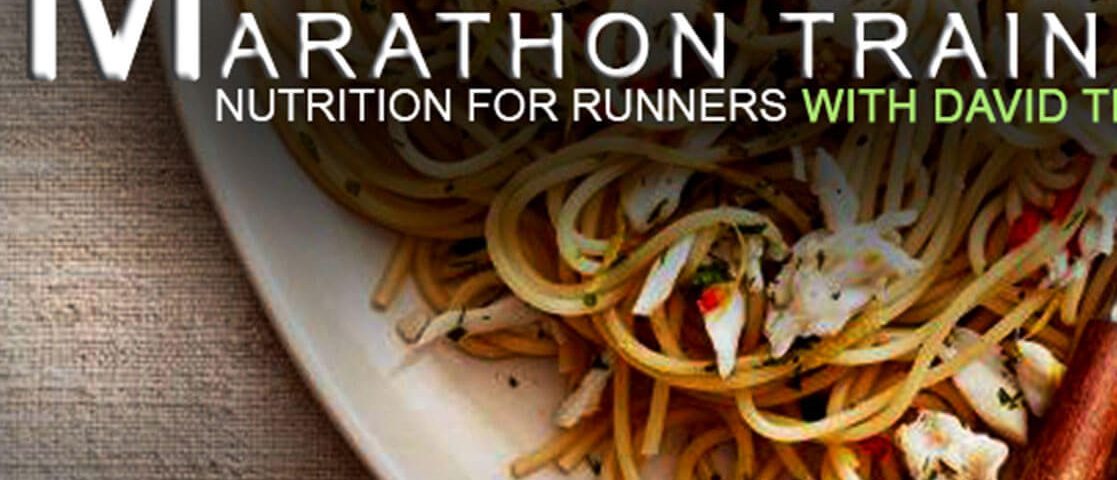


Hydration and Running- Marathon Training Tips
February 24, 2017


Marathon Week Nutrition Tips
March 24, 2017

Nutrition For Runners – Marathon Training Tips
Tip 1-Diet
This is important for a runner not only to help maintain good health but also promote optimal performance. A balanced diet for healthy runners should include carbohydrates, protein, fats, vitamins, and minerals. Balanced meals for runners should comprise roughly 20 percent fats, 60 percent complex carbohydrates and 20 percent proteins. Ensure that you consume plenty of fresh fruits and vegetables.
Tip 2 Carbohydrates
This is the major source of fuel for endurance exercises. It is stored in the liver and muscles in the form of glycogen and used up as one runs. Whole grain pasta, steamed or boiled rice, potatoes, fruits, starchy vegetables, sweet potatoes, bagels and whole grain bread are good carb sources. About 55 percent of your daily calories should come from carbohydrates, 25 percent should come from protein, and another 15 to 20 percent should come from unsaturated fats. Running out of glycogen in a run causes a condition that is now known hitting the wall.
Tip 3 Proteins
As a runner, the body needs proteins to repair muscles, make red blood cells to deliver oxygen to your muscles, to make mitochondria in the muscles to produce energy aerobically, to maintain a strong immune system and make hormones and enzymes that maintain body functions. They should form 15-20% of a runners diet. Eat proteins that are low in fat and cholesterol such as lean meats, fish, low-fat dairy products, poultry, whole grains, and beans.
Tip 4 Fats
Fats are an integral part of a diet. Along with carbohydrates and protein, they provide energy for the body. Monounsaturated fats such as olive oil, flax seed oil, canola oil, and avocados are the healthiest fats to consume. They have been linked to a decrease in heart disease. No more than 20 – 25% of your total diet should come from fats to prevent weight gain.
Tip 5 :Vitamins,Minerals and Calcium
Vitamins
Exercise may produce compounds called free radicals, which can damage cells. Vitamins C, E, and A are antioxidants and can neutralize free radicals.
Minerals
Iron helps power aerobic activity because it’s necessary for the production of hemoglobin, which carries oxygen from the lungs to the working muscles. Without it, aerobic capacity is hampered and fatigue sets in. Sources are lean red meat, dark poultry fortified cereals; green peas, broccoli, kidney, black, and garbanzo beans.
Calcium
Calcium is important for the growth and maintenance of strong bones and has a role in muscle contraction and nerve transmission. It can be found in Low-fat or fat-free yogurt and milk.




